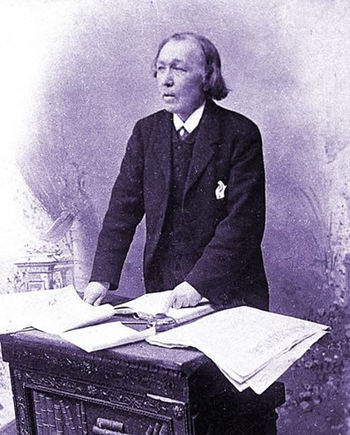
Recently, I happened to notice a post on James McGrath’s site concerning a paper by Tom Thatcher about Jesus as a healer and a “controversialist.” As I take it, that term describes a figure who is no mere contrarian, but rather one who makes controversial statements or engages in controversial actions to stimulate debate or to educate and elucidate.
Thatcher presented his paper, which apparently isn’t yet available to the public, at the Society of Biblical Research’s 2015 Annual Meeting in Atlanta. His session, entitled “Jesus as Controversialist: Media-Critical Perspectives on the Historicity of the Johannine Sabbath Controversies,” bears the following abstract:
Apart from scattered sayings with clear parallels in other texts, it remains the case that the Johannine discourses are almost categorically disregarded as useful sources for the message of Jesus. Consistent with this approach, the dialogues of Jesus in John 5–10, which include some of the most significant Christological statements in the Gospel, are generally discounted whole as reflections of the Johannine imagination. The present paper will utilize insights drawn from media-criticism to propose a more holistic approach that seeks to identify broad patterns in John’s presentation that reflect widely-accepted themes in the message and program of the historical Jesus. Close analysis reveals that the discourses in John 5-10 are prompted by specific acts of protest by Jesus (the two Sabbath healings) that are directed toward the brokers of the Jerusalem great tradition. Against the establishment claim that he is a “sinner,” Jesus contends that his widely-documented activity as a healer would be impossible were it not sanctioned by God: If God objected to healing on Sabbath, then how could Jesus do so? One may reasonably conclude that the more elaborate theological statements in this central section of the Gospel are in fact grounded in three widely accepted conclusions: that the historical Jesus was a healer; that he challenged conventional views of Sabbath; and, that he openly opposed the Judean religious establishment. (Thatcher, 2015, emphasis mine)
Continue reading “Metonymy, Messianism, and Historicity in the New Testament”

